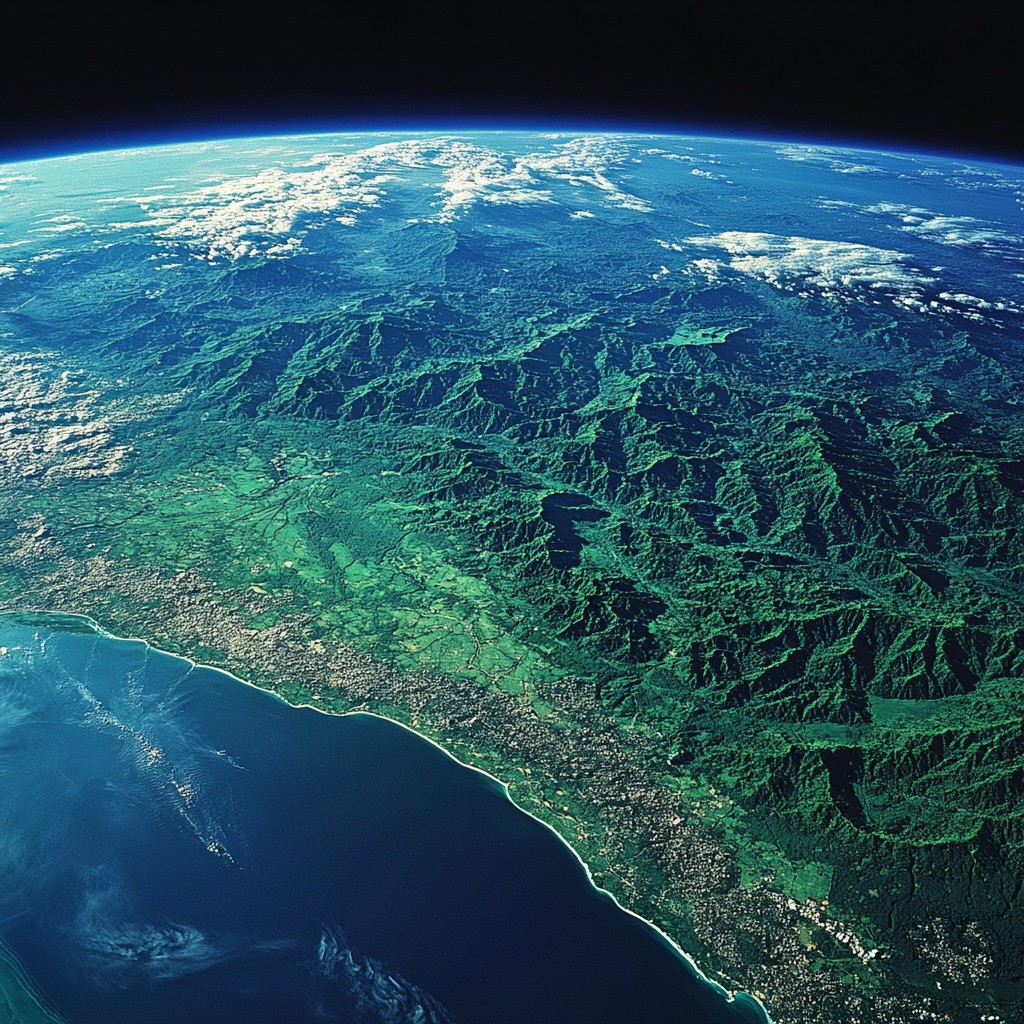In recent decades, the world has witnessed an alarming surge in climate extremes and record-breaking weather events. These phenomena, which include heatwaves, floods, droughts, hurricanes, and wildfires, are not just natural anomalies but increasingly linked to human-induced climate change. Their frequency and intensity are reshaping ecosystems, economies, and human lives in profound ways.
Defining Climate Extremes
Climate extremes are extraordinary weather or climate events that deviate significantly from historical norms. They can be categorized into two broad types: short-lived weather events (e.g., tornadoes, heavy downpours) and prolonged climate-related phenomena (e.g., droughts, wildfires). Scientists define these events using statistical thresholds—typically the most unusual 10% of historical occurrences—or by their impacts on ecosystems and communities.
For instance, a heatwave in Phoenix, Arizona, may be considered normal due to its high baseline temperatures, but the same conditions in Burlington, Vermont, would qualify as extreme. This location-specific nature complicates global assessments but underscores the localized impacts of these events.
The Role of Climate Change
While natural variability plays a role in extreme weather patterns, there is mounting evidence that human-induced climate change is amplifying their frequency and severity. Rising global temperatures have intensified heatwaves and cold waves while increasing the likelihood of extreme precipitation events. For example:
- Heatwaves: Global warming has led to more frequent and severe heatwaves. The European heatwave of 2003 resulted in over 30,000 deaths, while the U.S. recorded its deadliest heatwave in 1936 with over 5,000 fatalities.
- Floods and Storms: Warmer oceans fuel stronger tropical cyclones and hurricanes. These storms bring torrential rains and storm surges that devastate coastal regions.
- Droughts and Wildfires: Prolonged dry periods combined with higher temperatures create ideal conditions for wildfires. The western United States has seen an uptick in such fires due to extended droughts following unusually wet seasons.
Record-Breaking Events: A Grim Reality
The 21st century has already seen numerous record-breaking climate events:
- In 2021, Canada experienced its highest-ever temperature of 49.6°C (121°F) during a devastating heatwave.
- Australia’s “Black Summer” bushfires of 2019–2020 burned over 18 million hectares of land.
- In 2022, Pakistan faced unprecedented monsoon rains that submerged one-third of the country.
These events highlight how climate extremes are pushing beyond historical boundaries.
Impacts on Society and Ecosystems
The consequences of extreme weather are far-reaching:
- Economic Costs: Natural disasters caused by extreme weather resulted in over $90 billion in global losses in 2015 alone. Damaged infrastructure and disrupted supply chains exacerbate economic vulnerabilities.
- Human Lives: Heatwaves, floods, and storms claim thousands of lives annually. Vulnerable populations—such as the elderly or those in developing nations—are disproportionately affected.
- Ecosystem Disruption: Wildfires destroy forests; droughts deplete water supplies; floods erode landscapes. These disruptions threaten biodiversity and agricultural productivity.
The Path Forward
Addressing climate extremes requires a dual approach:
- Mitigation: Reducing greenhouse gas emissions is critical to curbing global warming and its associated impacts.
- Adaptation: Communities must invest in resilient infrastructure, early warning systems, and sustainable land-use practices to minimize damage.
Scientific advancements in extreme event attribution are helping policymakers understand how much climate change contributes to specific events. This knowledge is vital for crafting informed strategies to tackle future challenges.
Conclusion
Climate extremes are no longer rare occurrences; they are becoming the new normal in a warming world. As these record-breaking events continue to unfold with increasing ferocity, they serve as stark reminders of the urgent need for global action on climate change. The choices made today will determine whether humanity can navigate this era of uncertainty or succumb to its devastating consequences.

